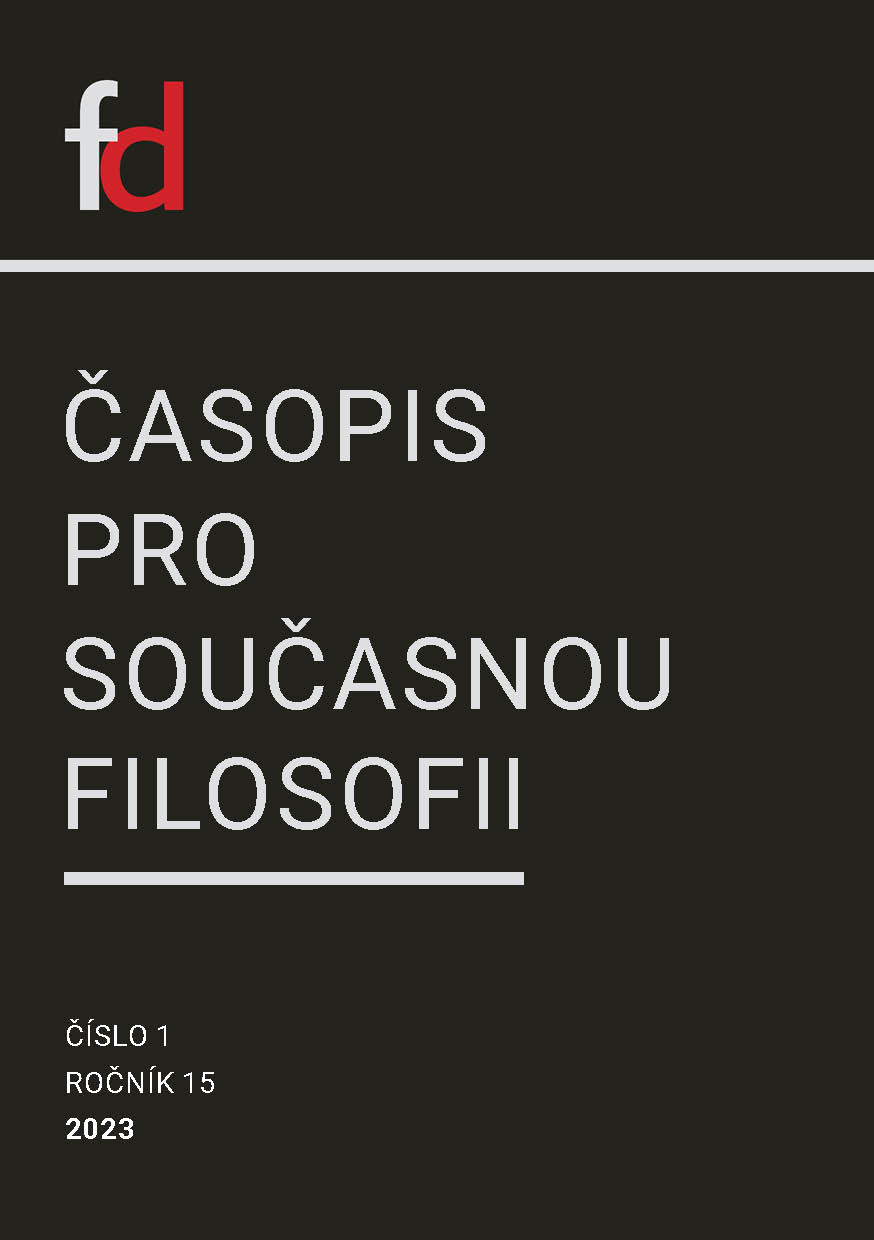Real and False Fame in Frederick the Great’s Discourses on Libels and Satirist
DOI:
https://doi.org/10.26806/fd.v15i1.374Abstract
This text deals with the term fame as it can be found in the philosophical discourses written by the Prussian king Frederick the Great (1712-1786) in 1759, namely in Discourse on the Satirists (Discours sur les satiriques) and Discourse on Libels (Discours sur les libelles). In both works Frederick distinguishes the false fame from the real one, where the false fame is a simple attention paid by crowds and has no deeper substance, it is the fame of celebrities. Frederick describes it as a fame of Herostratos, rarely he uses the word célébrité to describe it. The real fame, on the other hand, is described by the word gloire and it is an ethical category, it is the fame which engines the activity of great people and which has history as its arbiter. In the discourses, both kinds of fame are the target of the satirists and libels’ authors, but instead of the real fame they only achieve the popularity of their names, the mere attention of the crowds. Both discourses condemn satire and libels due to their failure in achieving the real fame, which they ought to strive for, and for gaining just the false fame, which has no ethical value.
Key words: fame, Frederick the Great, libels, philosophy of the Enlightenment, satire
Downloads
Published
Issue
Section
License
Authors who publish in this journal agree that:
1. Authors retain copyright and guarantee the journal the right of first publishing. All published articles are licensed under the Creative Commons Attribution license, which allows others to share this work under condition that its author and first publishing in this journal was acknowledged.
2. Authors may enter into other agreements for non-exclusive dissemination of work in the version in which it was published in the journal (for example, publishing it in a book), but they have to acknowledge its first publication in this journal.
3. Authors are allowed and encouraged to make their work available online (for example, on their websites) as such a practice may lead to productive exchanges of views as well as earlier and higher citations of published work (See The effect of open access).


